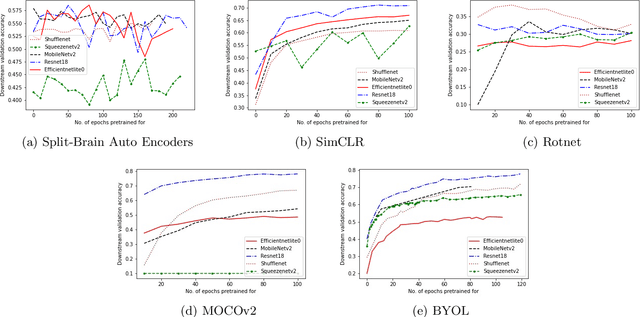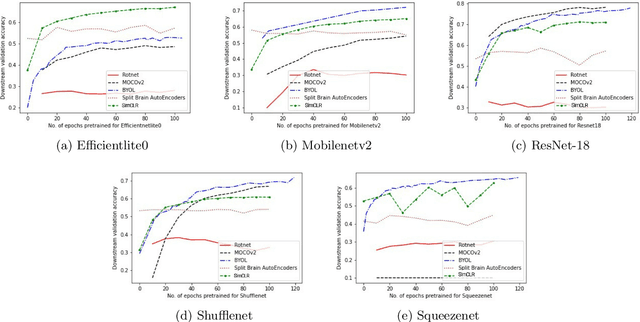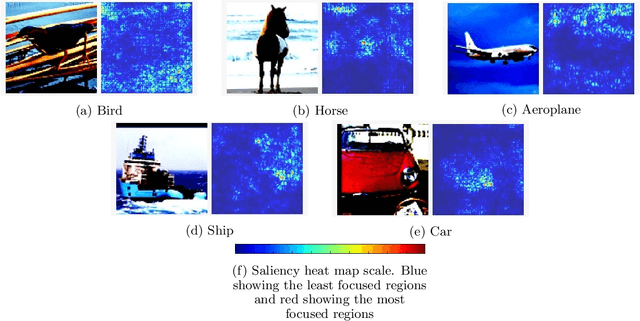Prathamesh Sonawane
A Survey on Game Theory Optimal Poker
Jan 02, 2024Abstract:Poker is in the family of imperfect information games unlike other games such as chess, connect four, etc which are perfect information game instead. While many perfect information games have been solved, no non-trivial imperfect information game has been solved to date. This makes poker a great test bed for Artificial Intelligence research. In this paper we firstly compare Game theory optimal poker to Exploitative poker. Secondly, we discuss the intricacies of abstraction techniques, betting models, and specific strategies employed by successful poker bots like Tartanian[1] and Pluribus[6]. Thirdly, we also explore 2-player vs multi-player games and the limitations that come when playing with more players. Finally, this paper discusses the role of machine learning and theoretical approaches in developing winning strategies and suggests future directions for this rapidly evolving field.
Self-Supervised Visual Representation Learning Using Lightweight Architectures
Oct 21, 2021



Abstract:In self-supervised learning, a model is trained to solve a pretext task, using a data set whose annotations are created by a machine. The objective is to transfer the trained weights to perform a downstream task in the target domain. We critically examine the most notable pretext tasks to extract features from image data and further go on to conduct experiments on resource constrained networks, which aid faster experimentation and deployment. We study the performance of various self-supervised techniques keeping all other parameters uniform. We study the patterns that emerge by varying model type, size and amount of pre-training done for the backbone as well as establish a standard to compare against for future research. We also conduct comprehensive studies to understand the quality of representations learned by different architectures.
 Add to Chrome
Add to Chrome Add to Firefox
Add to Firefox Add to Edge
Add to Edge